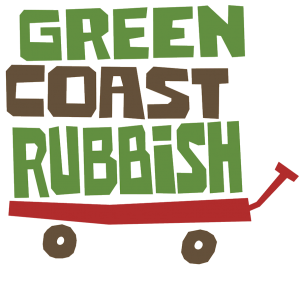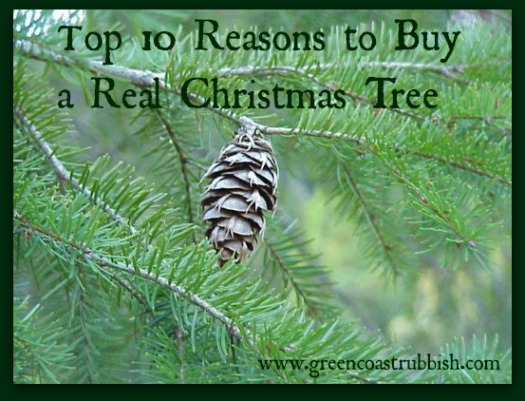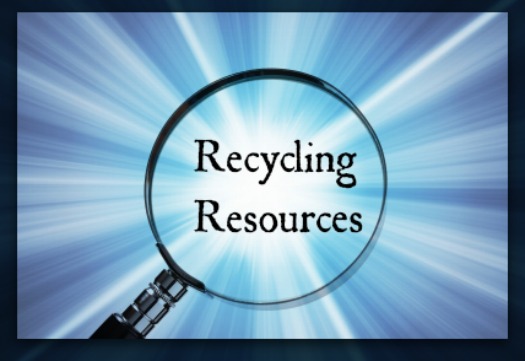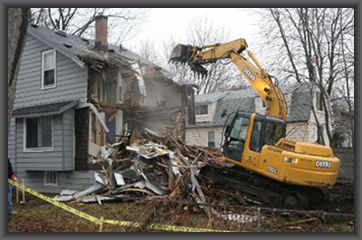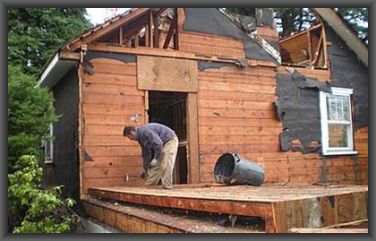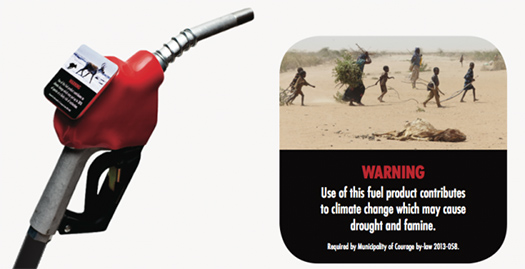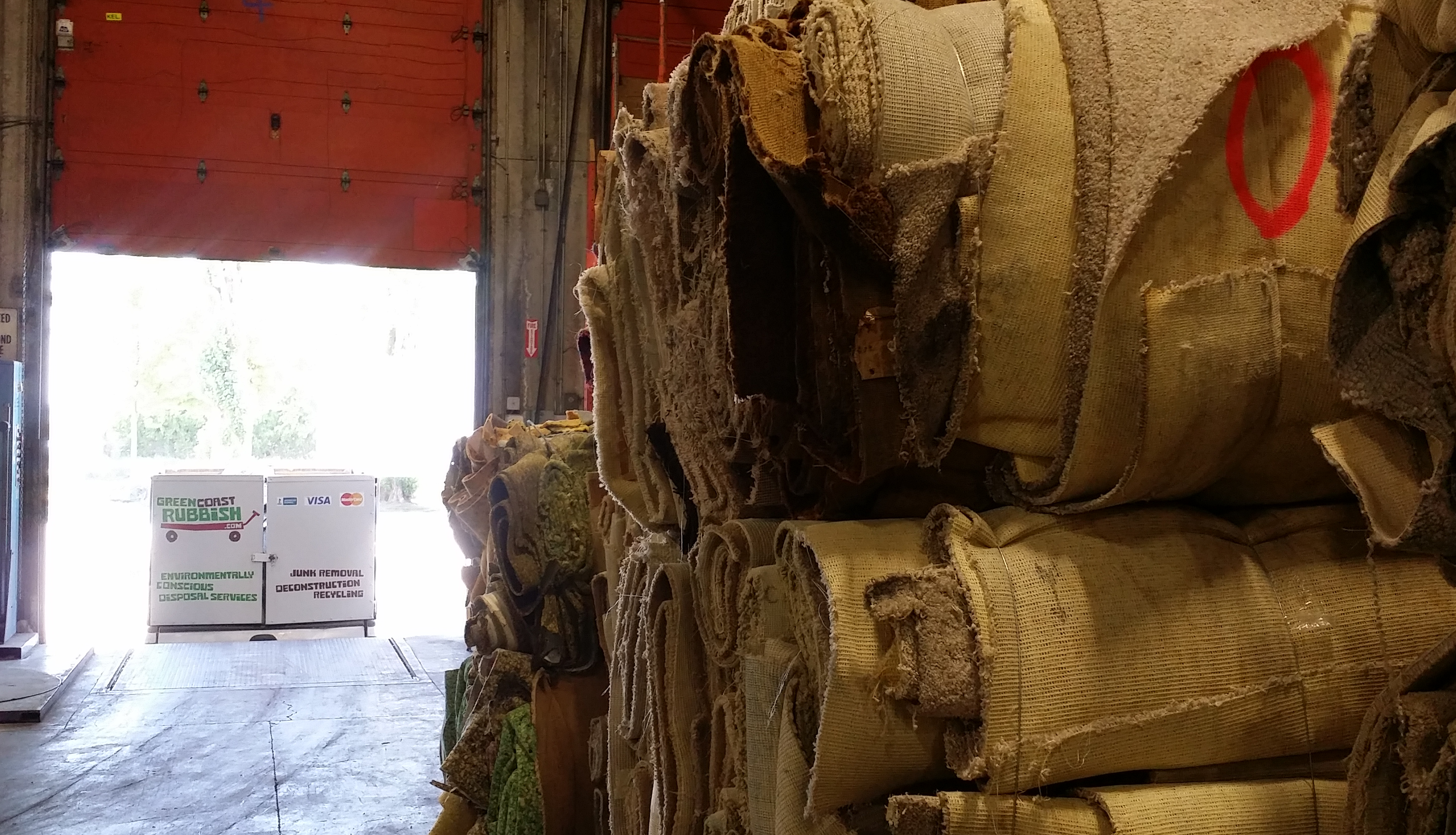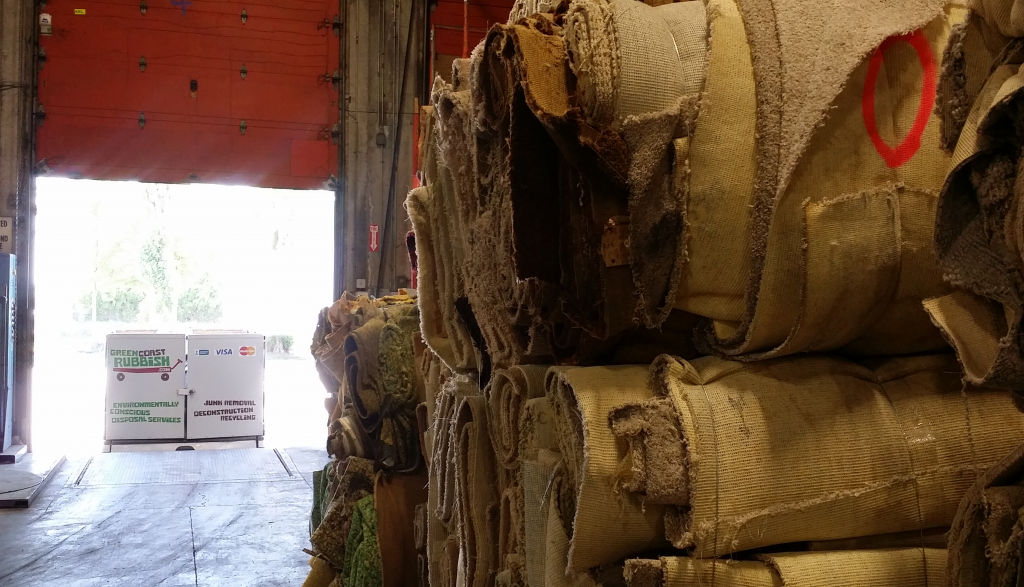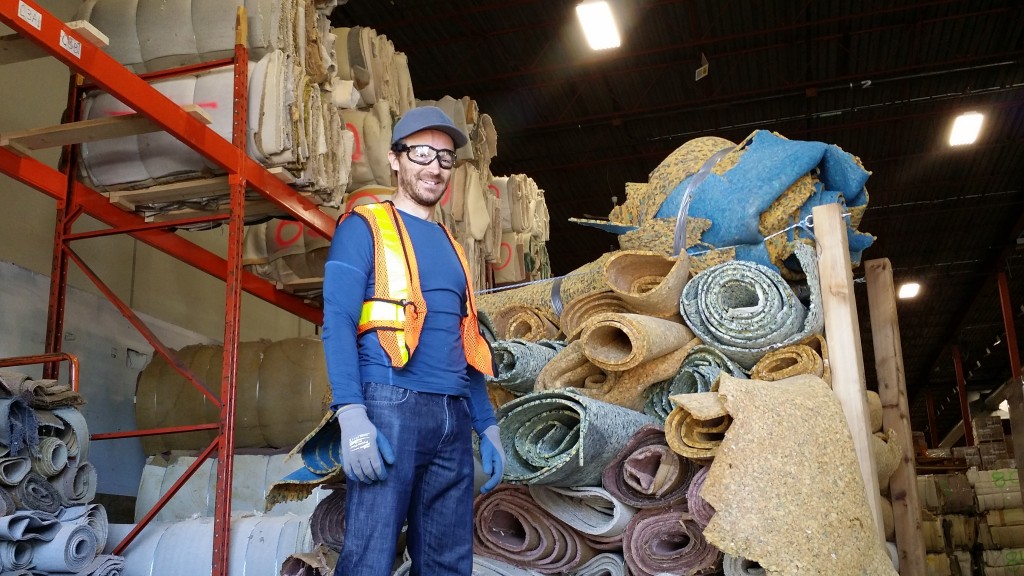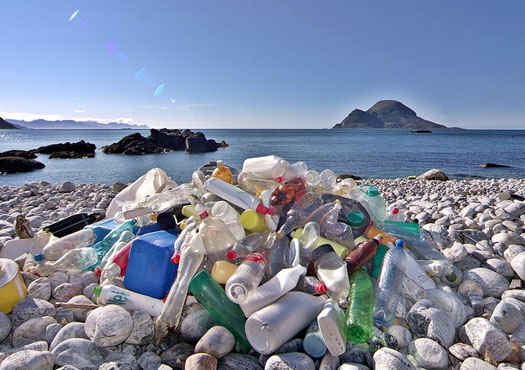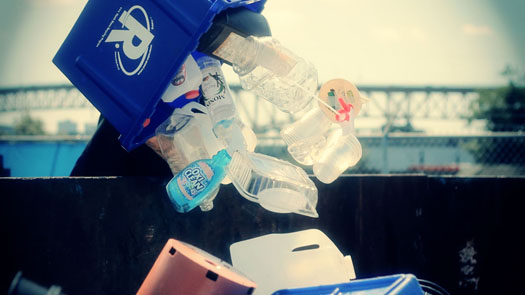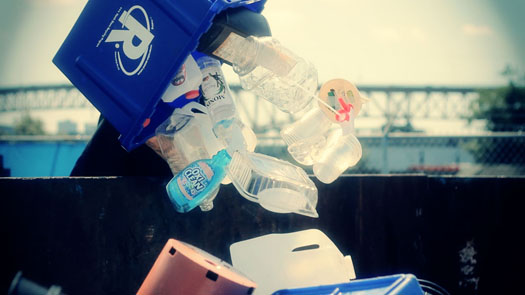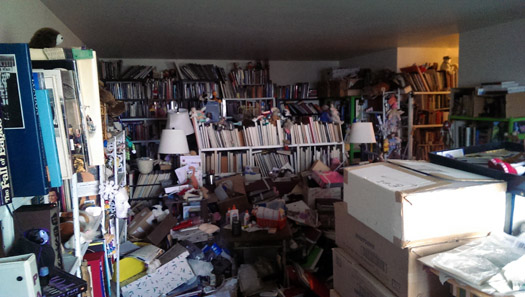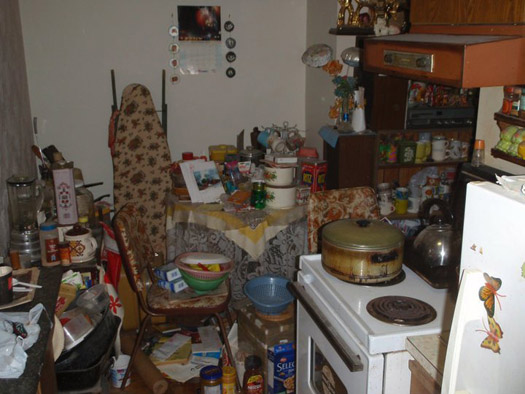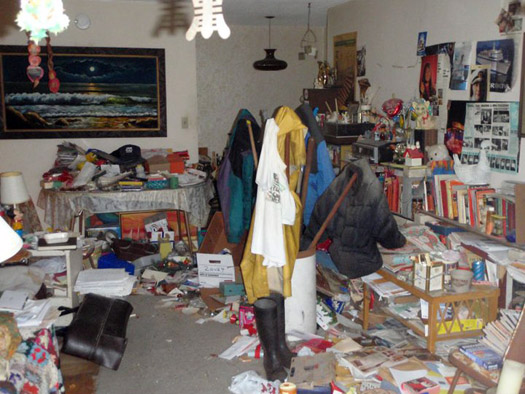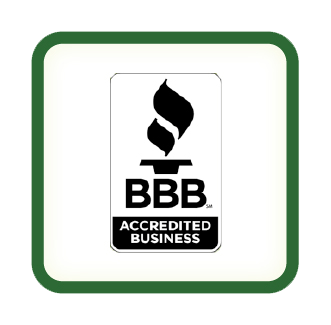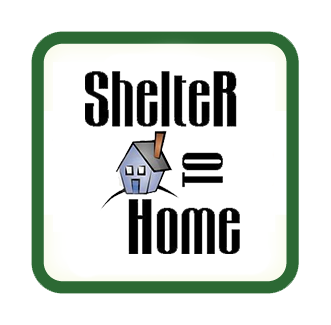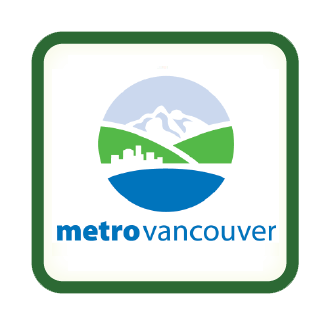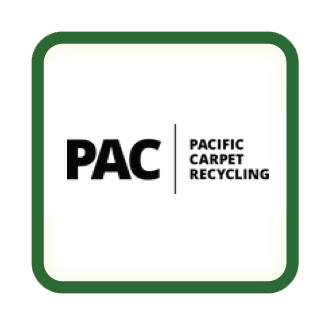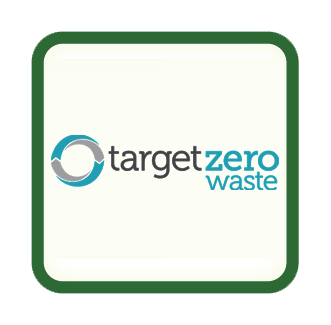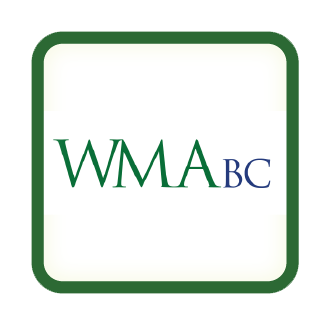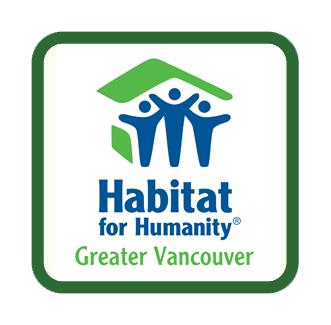Give the Gift of Christmas to a Child: Metro Vancouver Christmas Toy Drives
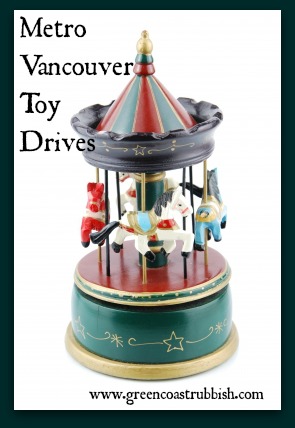 No child should miss out on the joy of Christmas because their family is struggling financially or otherwise. These kids deserve to have their dreams come true; they need compassion and support. You can give the gift of Christmas to a child by donating a new toy, cash or even baby supplies to one of several Metro Vancouver Christmas toy drives. Here’s how:
No child should miss out on the joy of Christmas because their family is struggling financially or otherwise. These kids deserve to have their dreams come true; they need compassion and support. You can give the gift of Christmas to a child by donating a new toy, cash or even baby supplies to one of several Metro Vancouver Christmas toy drives. Here’s how:
– Salvation Army Toy Mountain – Drop off a donation of cash or a new unwrapped toy at Toy Mountain in Guildford Mall on December 11 and 12. If you aren’t in the Surrey area, you can also donate by cash or cheque at any Salvation Army church or facility in Metro Vancouver.
– Victor Ghirra Toy Drive – New unwrapped toys are being collected until December 13 by the Victor Ghirra Toy Drive. Donations can be dropped off at any Lower Mainland Cooperators Insurance location, select VanCity branches or Riverside Banquet Hall in Richmond.
Basics for Babies
The Basics for Babies Fundraising Day is coming up on December 14 at the Langley Events Centre. Donations of cash, diapers, formula, baby food, baby cereal, baby wipes, baby shampoo, diaper cream and pacifiers are needed. Donations of cash and baby supplies are also accepted at your local Metro Vancouver food bank.
Lynn Valley Legion 4th Annual Toy Drive
Bring an unwrapped toy to the Lynn Valley Legion until December 15. There will also be a cash collection on December 14 and 15 during the meat draw and bingo. The toys for this Metro Vancouver Christmas toy drive will be donated to the North Vancouver Salvation Army on December 16.
Family Services of the North Shore Christmas Bureau
Gifts for tweens and teens are the most needed items at the North Shore Christmas Bureau. Gift ideas include accessories, movie passes, gift certificates, sports equipment, electronics, make-up, bath products and art supplies. Donations of unwrapped toys for children of all ages are collected until December 22.
BC Children’s Hospital Foundation Christmas Toy Donations
Bring an unwrapped toy to Volunteer Resources at BC Children’s Hospital by December 15 or make an online donation to bring some Christmas joy to a patient and their siblings. Stuffed animals are not accepted.
West Coast Express Santa Train
Ride the West Coast Express Santa Train to Vancouver for free on December 13 in exchange for your donation of a new, unwrapped toy for your local Christmas bureau. The Santa train departs from Mission at 10 am with stops at all the WCE stations along the way. Enjoy a shopping day followed by a visit with Santa and a return trip back home at 4 pm.
SHARE Family and Community Services Toy Drive
Donate an unwrapped new toy at the SHARE Christmas Tree at Coquitlam Centre until December 24. Drop off is also available at the SHARE Food Bank, SHARE’d Treasures Thrift Store or at SHARE Family and Community Services in Coquitlam.
Lower Mainland Christmas Bureau
Donations of unwrapped new toys to the Lower Mainland Christmas Bureau can be made at Oakridge Mall and many Vancouver Firehalls until December 24 although fundraising continues year-round! The Lower Mainland Christmas bureau collects and distributes toys to 12 Metro Vancouver Christmas bureaus.
Empty Stocking Fun
The Province Empty Stocking Fund raises money and works with the United Way to support disadvantaged families and children at Christmas. Donations are accepted online, by mail, by phone or in person at The Province promotions desk or at participating HSBC and Scotiabank branches until December 31.
Food Bank
Foodbank donations are always needed, especially during the holidays. You can make a big difference in the lives of local families and their children with your donation of cash or food items which are often used for Christmas hamper programs during the holiday season.
There is no gift like giving at Christmas. Let the magic begin…
*Toy carousel image courtesy of artur84 at FreeDigitalPhotos.net
